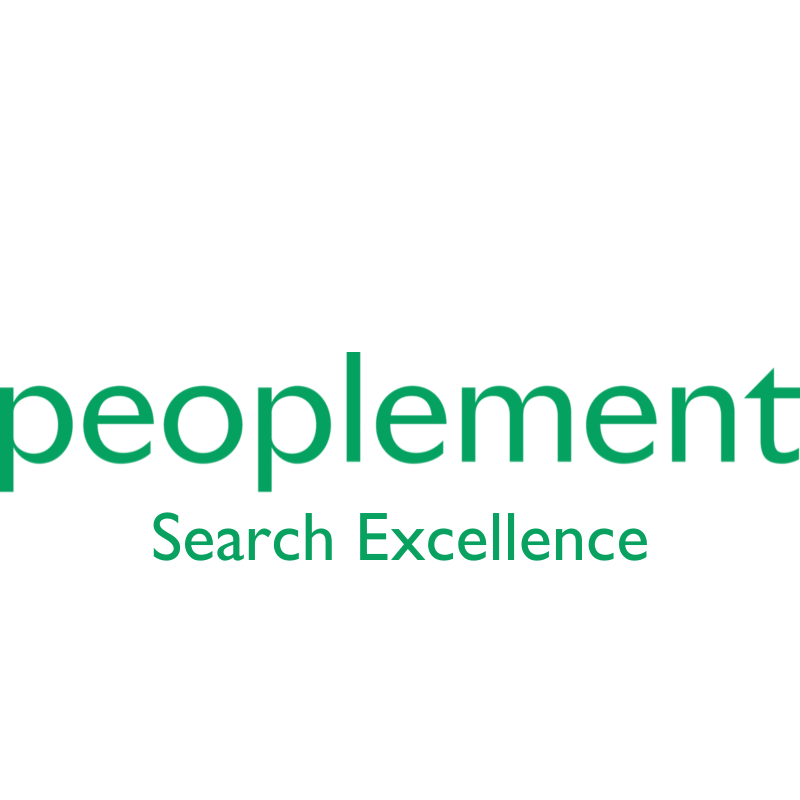If you’re preparing to conduct your first interview, you’re not alone — and you don’t need to feel overwhelmed. Interviewing is a skill like any other; with time and practice, you can master it. Here are six essential tips to help you start strong.
1. Understand the Context
Before the interview, it’s important to consider two key contexts: the requirements of the role and the candidate’s unique background. Let’s explore both.
Job Context
Start by reviewing the job description and understanding the key responsibilities and skills needed for success. Determine which qualifications are essential and which are simply nice-to-have. Are there tasks or skills you can teach on the job? Are there others the candidate must have from day one?
For example, a position may require expertise in a specific programming language, while proficiency in tools like Excel or Google Analytics might be teachable later. Clarify where flexibility exists and where it does not.
Candidate Context
Familiarize yourself with the candidate’s resume and pinpoint areas to delve into during the interview. Are there experiences, skills, or achievements you want to explore further?
For instance, if a candidate’s resume mentions “managing multiple projects on a global team,” but it’s vague, note to ask: “Can you share more about that experience? How did you manage the workload and prioritize tasks?” Focus on extracting examples that showcase their abilities and align with the role’s requirements.
2. Prepare Your Questions
Your HR or talent acquisition partner will likely provide a list of interview questions or help you craft some. Ensure your list includes both behavioral and technical questions tailored to the role. Most positions require a mix of hard and soft skills, so your questions should address both.
To get the most valuable insights, ask for concrete examples. For instance, if you want to assess conflict resolution skills, you might ask: “Can you describe a time you had a difficult conversation with a coworker? How did you handle it?” Or, to gauge adaptability: “Share an example of when you had to adjust your expectations on a project. What happened, and how did you adapt?”
For technical skills, ask role-specific questions. A software engineer might be asked about the limitations of their favorite programming language, while a content strategist could explain the tools they use to measure performance. Requesting work samples or technical assessments can also be effective.
3. Practice with a Mock Interview
While candidates are often encouraged to rehearse for interviews, practicing as an interviewer is equally helpful. Role-play with a colleague or recruiter, and ask them to simulate challenging scenarios.
Practice navigating situations where a candidate gives overly lengthy responses or is too brief. For verbose candidates, rehearse polite ways to refocus the conversation, such as: “Thanks for the thorough response. Let’s move on to the next question to cover everything in the time we have.” For candidates who are vague, practice probing for details: “Can you elaborate on how you approached that task? I’d love to learn more about your process.”
Mock interviews also allow you to prepare answers for common candidate questions, like: “Why do you enjoy working here?” or “What do you find most rewarding about your role?” Having thoughtful responses ready will boost your confidence.
4. Set a Positive Tone
Creating a comfortable environment can help both you and the candidate feel at ease. Start the interview with a warm greeting and casual small talk. For example, ask about their day or how their experience finding the office was. This initial rapport can make the conversation flow more naturally.
Outline the structure of the interview upfront. Let them know the duration, the types of questions you’ll be asking, and that you may take notes. This helps manage expectations and creates a professional yet approachable atmosphere. Your genuine interest in their answers will encourage openness and lead to more meaningful insights.
5. Take Detailed Notes
Relying on memory alone isn’t ideal, especially if you’re interviewing multiple candidates. Use an interview guide to keep your questions organized and provide space to jot down key points. Capture the main ideas of their responses, focusing on what they did, how they did it, and the outcomes.
Taking notes also helps identify whether you’ve gathered enough information or need to follow up with additional questions. If a candidate struggles with an answer, give them time to think or circle back later if necessary. Stay flexible and patient throughout the process.
6. Reflect and Improve
After the interview, evaluate the candidate based on your must-have and nice-to-have criteria. Remember, few candidates will meet every requirement. Focus on critical skills and weigh which areas can be developed on the job.
Finally, reflect on your own performance. If possible, have a colleague observe your interview or review a recording to provide constructive feedback. Identify areas for improvement and set small goals for your next interview.
A Fulfilling Process
Conducting interviews isn’t just about filling roles — it’s about connecting the right person with the right opportunity. When done well, you have the chance to positively impact someone’s career. Over the years, I’ve stayed in touch with many of the candidates I hired early on, and it’s rewarding to see how their careers have grown. By practicing these steps, you’ll not only hire effectively but also contribute meaningfully to your organization’s success. Feel free to contact our consultants here if you are hiring and need any assistance.


